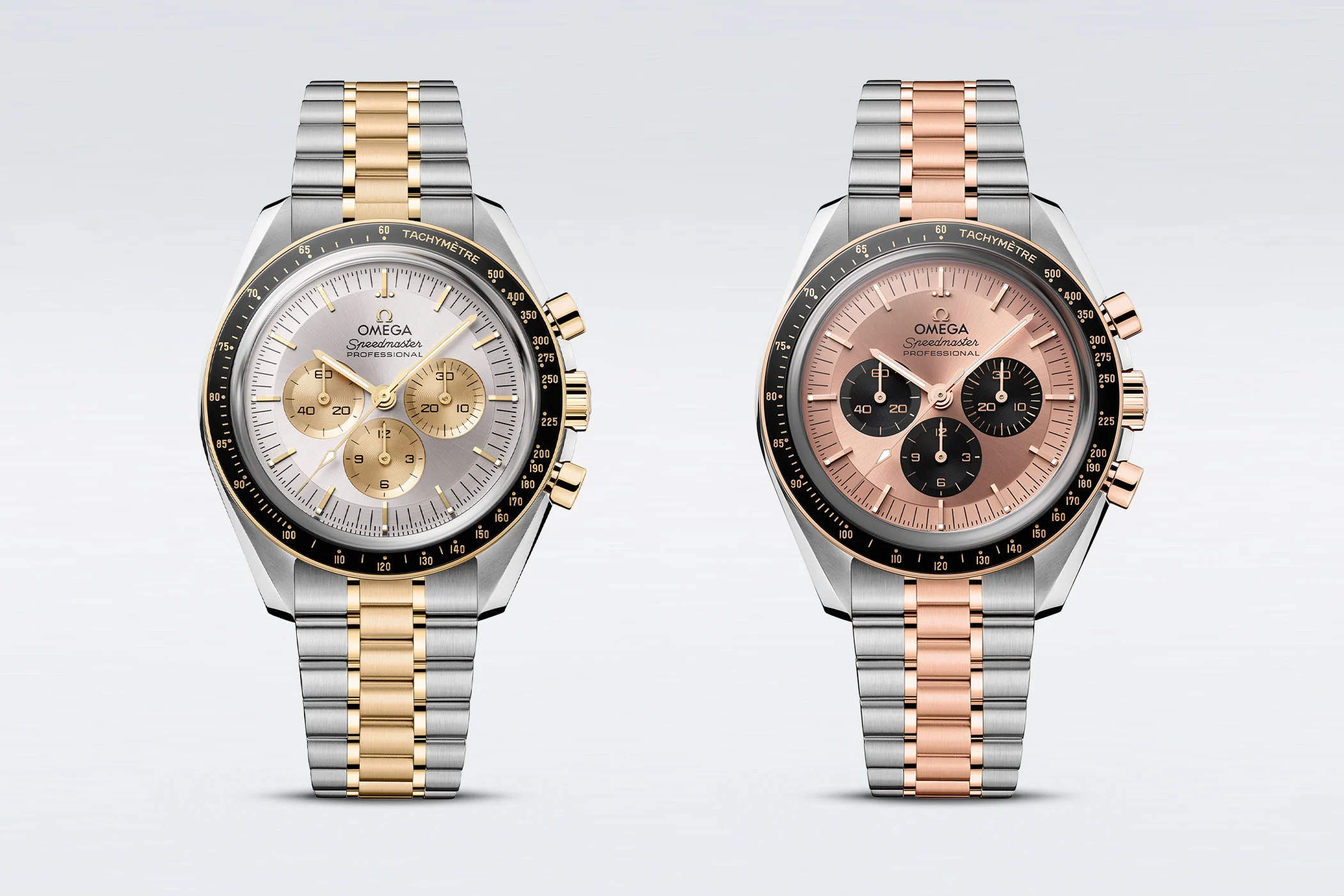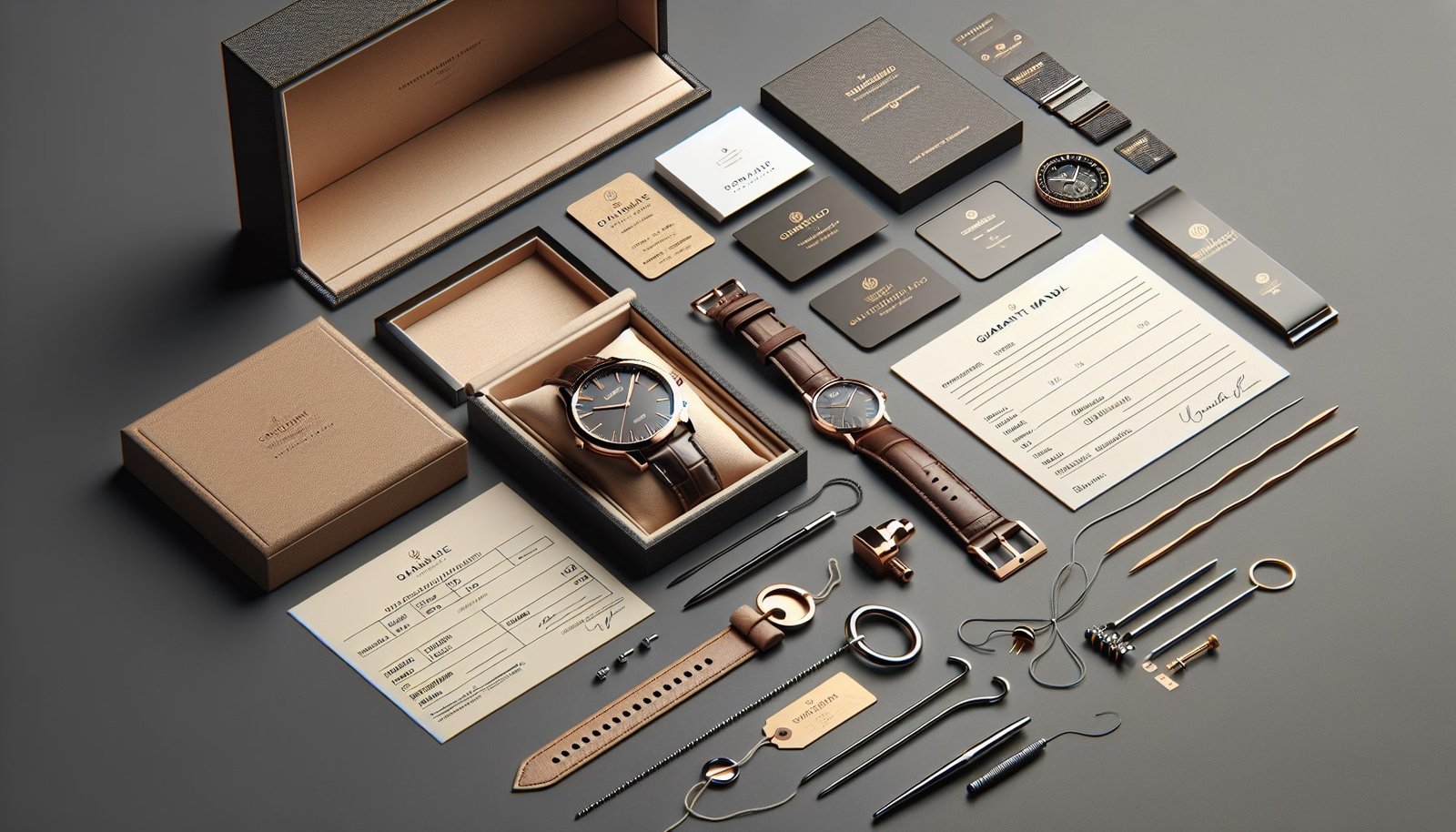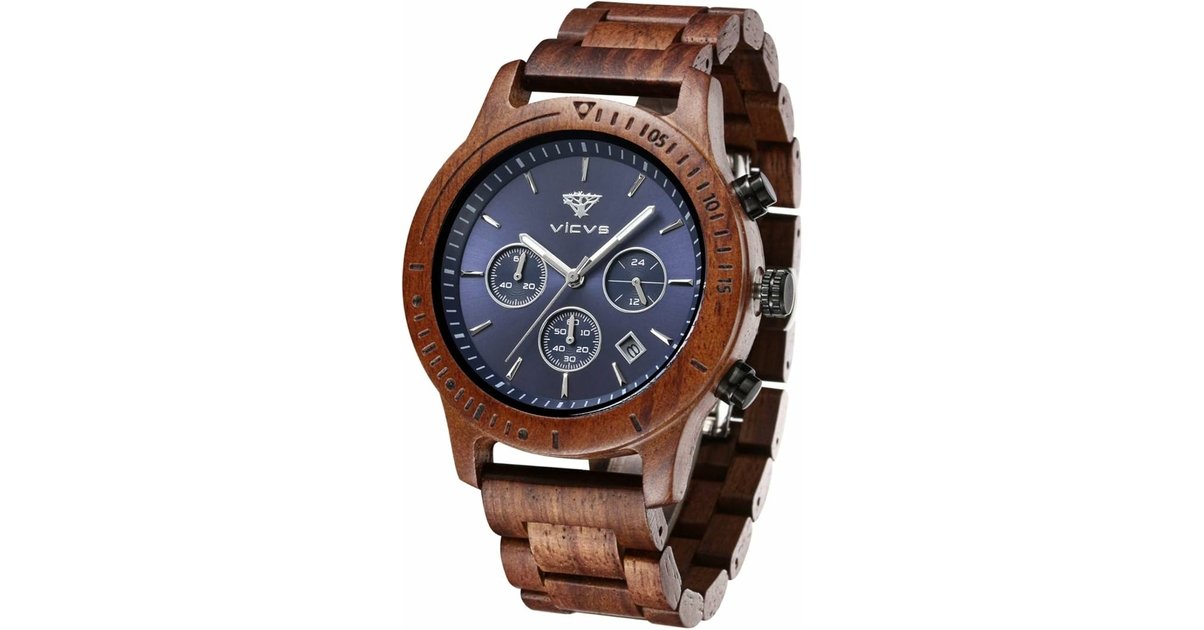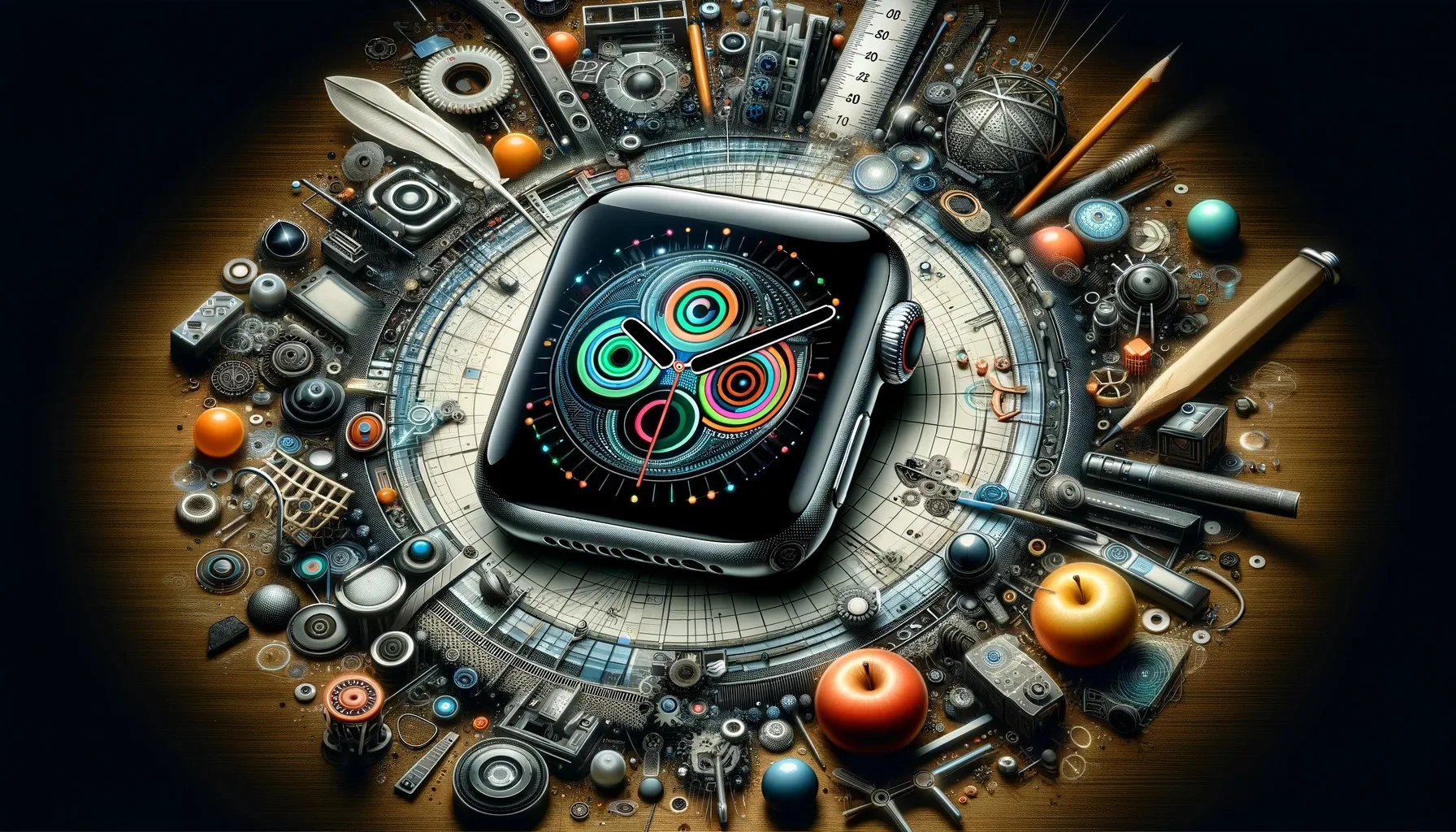Table of Contents
You may have already noticed that your watch makes a funny noise when you shake it, and it puzzles you. Don’t worry, we’re here to help you understand this strange phenomenon.
In this guide, we’ll explore the various reasons why a watch might make noise when shaken, as well as the internal components that might be responsible for those sounds.
Reason #1: The automatic winding system
Mechanical watches usually have a automatic winding systemwhich allows the watch to wind itself thanks to the natural movements of your wrist.
This system works thanks to a rotor (also called an oscillating mass) which rotates freely inside the watch, following your movements. When you shake the watch, the rotor also moves, which may cause audible noises.
How does the automatic winding system work?
The rotor is attached to a spring mechanism that stores the kinetic energy generated by wrist movements. This energy is then transmitted to the main movement of the watch, allowing it to function without the need to be manually wound. However, the rotor is not completely silent, and it may produce rattling or scraping noises as it moves.
Reason #2: Internal Gears and Cogs
A mechanical watch is made up of many internal gears and cogs which work together to display the time accurately. These components can sometimes make sounds when you shake the watch, especially if some of them are worn or misaligned. It may be squeaking, clicking or metallic noises.
The role of internal gears and cogs
Gears and cogs are the key components of a watch’s mechanical movement. They allow the energy of the mainspring to be transmitted to the different parts of the watch (such as the hour, minute and second hands) and to move them forward at a precise speed.
If these components are not working properly, it can affect the accuracy of the time display and cause long term problems.
Reason #3: Loose or damaged parts
Another factor that may explain the noises you hear when you shake your watch is the presence of loose or damaged parts. This can concern various elements, such as the screws, springs or pivots of certain parts. These noises may be a sign of a more serious problem that requires the intervention of a professional watchmaker.
What to do in case of loose or damaged parts?
If you suspect that your watch has loose or damaged components, it is recommended that you have it examined by a qualified watchmaker. They will be able to determine the exact cause of the problem and make the necessary repairs, thus preventing possible further damage to your precious object.
Reason 4: The quartz movement
For watches equipped with a quartz movement, the noises you hear when shaking the watch are most likely due to the stepper motor and associated gears. Although these sounds are usually very quiet, they can be amplified if you place your ear close to the watch case.
Differences between mechanical watches and quartz watches
Mechanical watches operate through a spring and gear movement, while quartz watches use a quartz crystal and an electronic circuit to measure time.
Both types of watches have their pros and cons; for example, mechanical watches are often considered more prestigious and durable, but they are also more likely to require regular maintenance.
In summary
There are several reasons why your watch may make noise when you shake it, ranging from just the normal functioning of its internal components to more serious issues such as loose or damaged parts.
If you are concerned about the noise emitted by your watch, do not hesitate to consult a professional watchmaker who can determine the exact cause of the problem and carry out the necessary repairs if necessary.






